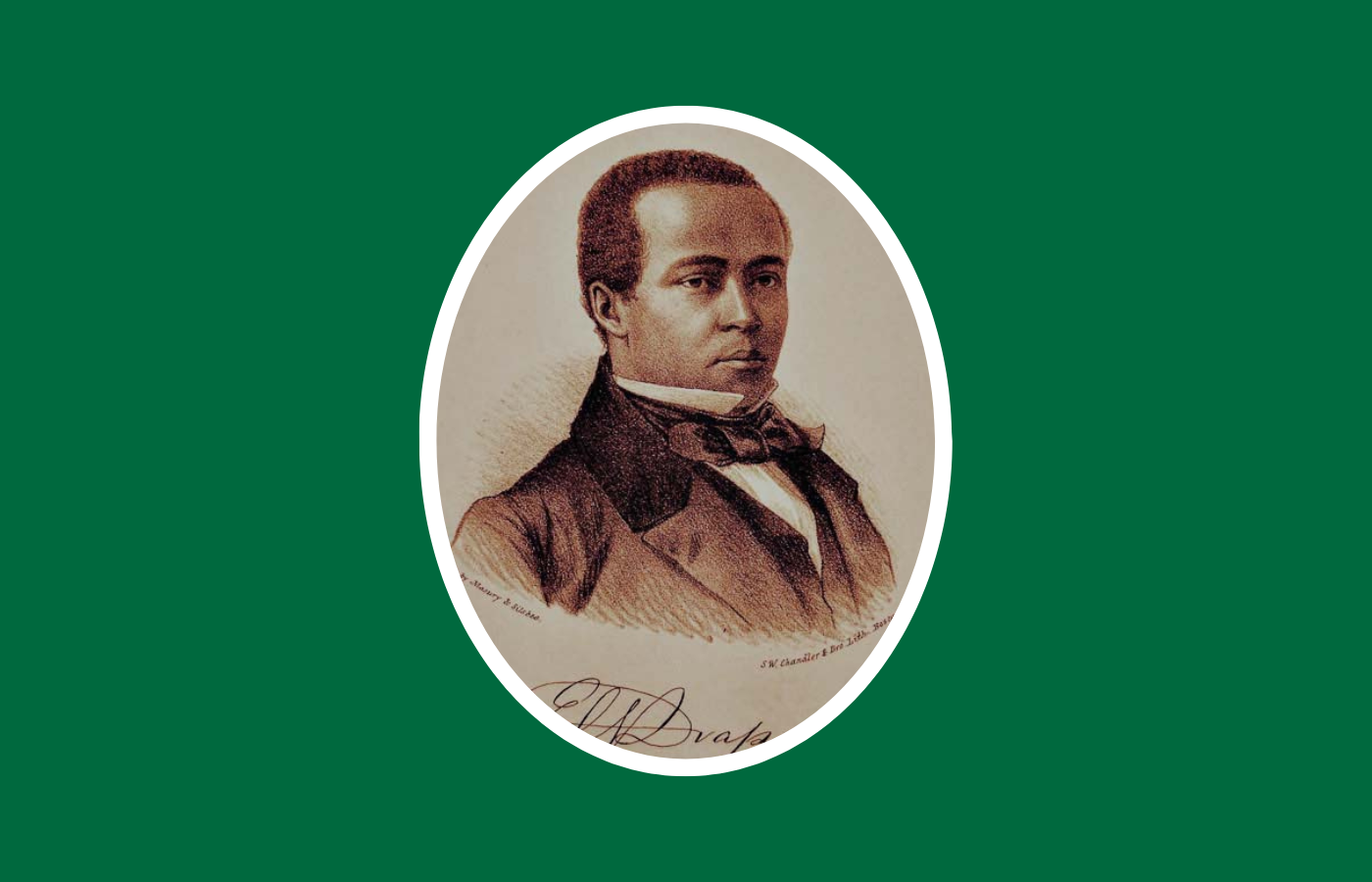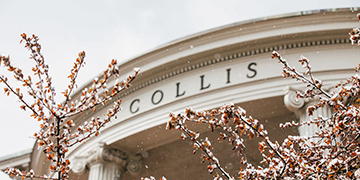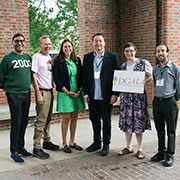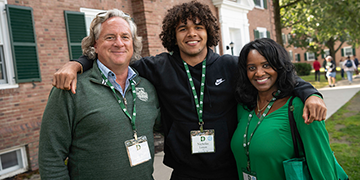Give a Rouse for Edward Garrison Draper, Class of 1855

Sep 19, 2023
2 minute read
Courtney Hall
2 minute read
Give a Rouse for Edward Garrison Draper, Class of 1855, who the Maryland Bar will posthumously admit in October.
Maryland’s Supreme Court is taking a historic step toward correcting past racial discrimination by posthumously admitting Edward Garrison Draper, a Black attorney, to the state bar. The Dartmouth alumnus should have received admission 166 years ago when he applied in 1857. Despite being fully qualified in all aspects, he was denied entry because he was Black. The bar at that time only accepted “free white citizens.” Instead of bar membership, Draper received a certificate acknowledging that he was fully qualified, except for his race.
“When people think about pioneering early Black lawyers, we tend to think about Thurgood Marshall, but there were pioneers long before that,” said John Browning, the Texas attorney who studies the history of Black lawyers and was the driving force behind righting this historic wrong. “The story of Black lawyers in Maryland began with Edward Garrison Draper.”
Draper found support at Dartmouth
Draper was born in 1834, the son of free Black parents who prioritized education. His father owned a successful tobacco and cigar-making business, giving their family the financial ability to provide the best education available for their son. After attending public school in Philadelphia, Draper headed north to Hanover to study at Dartmouth, where he was the only Black student in his class.
Despite his racial difference, Draper encountered allies at Dartmouth in a “liberal, if not radical, group of students and faculty” who supported abolition, said Dr. Forrester “Woody” Lee ’68, a Dartmouth graduate and Yale-trained physician who studies the history of Black Dartmouth students before the Civil War. This allyship was a contrast to the views held by the school’s president, Nathan Lord, who controversially held pro-slavery views.
A move to Africa ended in a tragic conclusion
Because he could not pursue a legal career in the United States, Draper set his sights on Africa. He emigrated to Liberia, where he hoped to become the first college-educated and fully trained attorney. Sadly, the 24-year-old’s dream was cut short by a fatal case of tuberculosis shortly after his arrival in Africa.
Edward Garrison Draper, Class of 1855, will be honored and admitted to the Maryland Bar in a special session in Annapolis on October 26, 2023.






